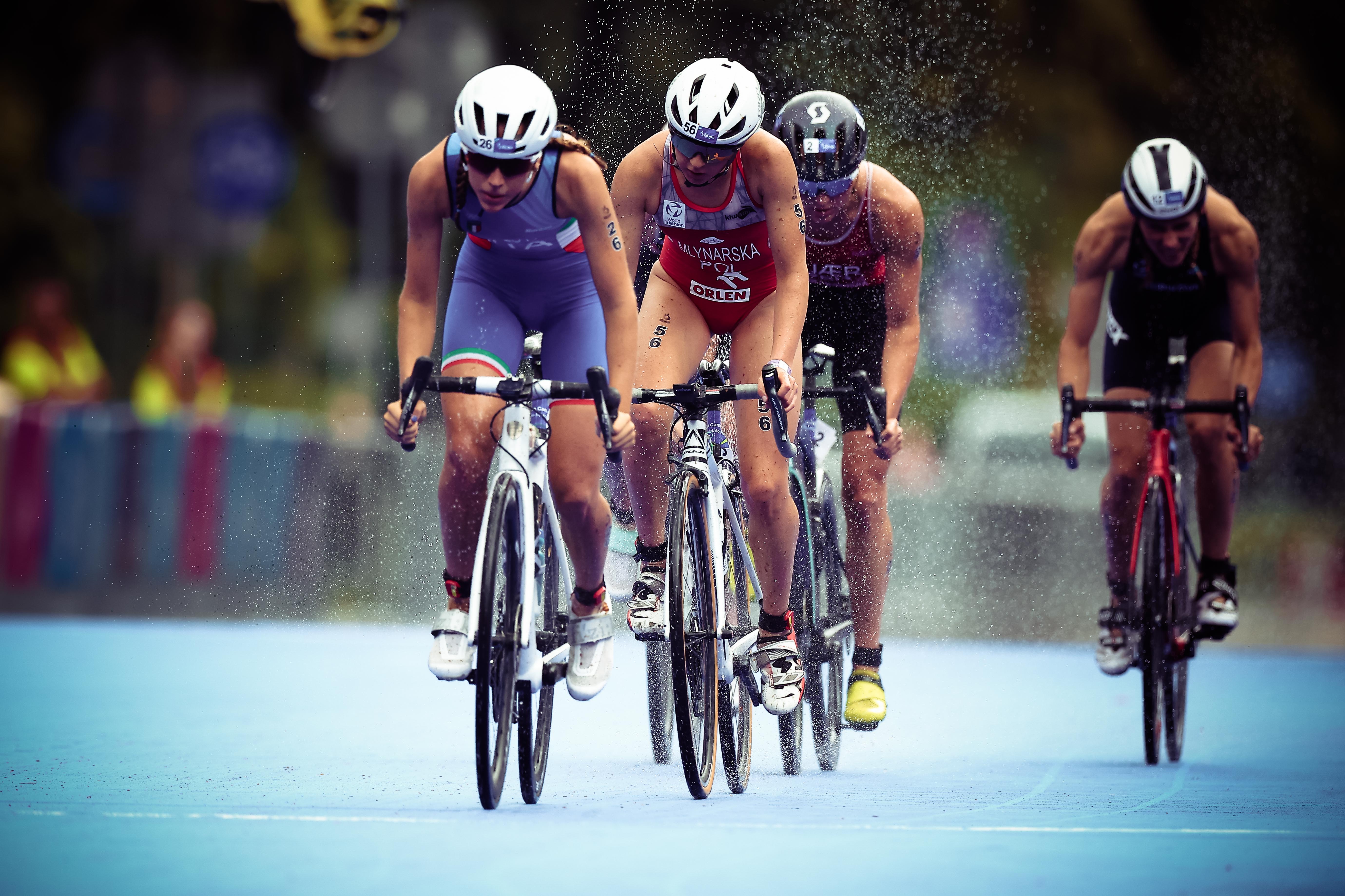Coaching for triathlons has become an essential approach for athletes who want to elevate their skills and achieve their personal bests. As the popularity of triathlons continues to rise, more and more individuals are discovering the perks of working with a coach who specializes in this demanding sport. Regardless of whether a beginner or an seasoned competitor, the appropriate coaching can provide you with the specific guidance and support needed to face the challenges of swimming, cycling, and running while improving your fitness level.
With triathlon coaching, athletes gain the benefit of tailored training plans that are specifically developed to meet their individual goals and strengths. Coaches not only help in refining techniques and augmenting endurance but also offer critical insights into diet, rehabilitation, and psychological tactics. This comprehensive approach not only enhances performance but also encourages long-term health, allowing athletes to perform effectively while diminishing the risk of burnout and injury. Utilizing triathlon coaching may very well be your gateway to reaching a higher level of athletic success.
Comprehending Triathlon Coaching
The art of triathlon coaching is a tailored approach aimed to improve the skills of competitors across the three segments of the swim, cycling, and the run. This approach concentrates on both enhancing fitness levels and also on developing plans tailored to individual competitor's specific skills and limitations. Coaches develop custom schedules that include multiple methods, promising that athletes remain engaged and driven during their journey.
Successful triathlon coaching frequently entails reviewing performance, allowing athletes to grasp their existing skills and follow their advancement throughout their training. This evaluation can cover areas such as speed, resilience, and rest, enabling coaches to implement required changes to workouts. Moreover, coaches provide invaluable advice on preparing for race day, nutrition strategies, and mental resilience techniques, all contributing to an athlete's comprehensive ability.
Moreover, coaching in triathlon builds a supportive environment that inspires athletes to achieve their goals. Numerous coaches highlight the value of forming a robust bond with athletes, based upon mutual understanding and open communication. This relationship not only helps with achieving competitive goals but also helps to nurture a enthusiasm for the sport, which leads to a greater and pleasurable experience in triathlon.
Benefits of Professional Coaching
Investing in professional triathlon coaching can significantly elevate your athletic performance. Coaches bring a abundance of expertise and specialized knowledge about training methodologies, diet, and race strategies. With a personalized training plan customized to your unique needs, you will not only improve your workouts but also guarantee that you are progressing toward your goals efficiently. This custom approach helps you steer clear of common pitfalls such as overtraining or neglecting recovery, which can hinder performance.
Another key advantage of having a coach is the responsibility they provide. When you work with a professional coach, you are more likely to remain dedicated to your training schedule and stick to a consistent routine. This responsibility encourages regularity, which is essential in a discipline as challenging as triathlon. Furthermore, a coach can inspire you during challenging times, pushing you to attain new heights and helping you achieve your potential.
Finally, professional coaching offers access to a supportive community of fellow athletes. Many coaches cultivate a network that encourages camaraderie and mutual understanding. This can provide critical emotional support, as you bond with others who comprehend the difficulties of triathlon training. Being part of a community not only enhances your drive but also allows you to learn from others and acknowledge achievements together, making your journey toward improved performance more fulfilling.

Building a Workout Plan
Creating an efficient training plan is essential for athletes seeking to enhance their skills. A well-structured schedule should include varied workouts that focus on the swimming discipline, cycling, and the running discipline, ensuring that each discipline is given sufficient attention. It is essential to define defined objectives for each session, which can aid you stay motivated and concentrated on your advancement. Additionally, altering the level of difficulty and length of sessions can stop stagnation and encourage continuous improvement.
Incorporating recovery days into your plan is key for preventing injuries and enabling your body to adjust to increasing demands. These recovery periods should be strategically scheduled to make sure that you are completely rejuvenated for your next session. Recovery activities, such as gentle swimming or stretching, can also be advantageous, providing valuable movement without putting too much strain on your body. Monitoring how you feel during workouts will help you modify your schedule according to your personal needs and abilities.
Lastly, consistently reviewing your training plan is important for long-term success. Every couple of weeks, review your progress and make necessary changes based on your performance and recovery. This may mean boosting your training volume, refining your skills, or shifting your attention to areas that need more focus. By being adaptable and open to change, you can boost the advantages of coaching and reach your ultimate performance goals.
